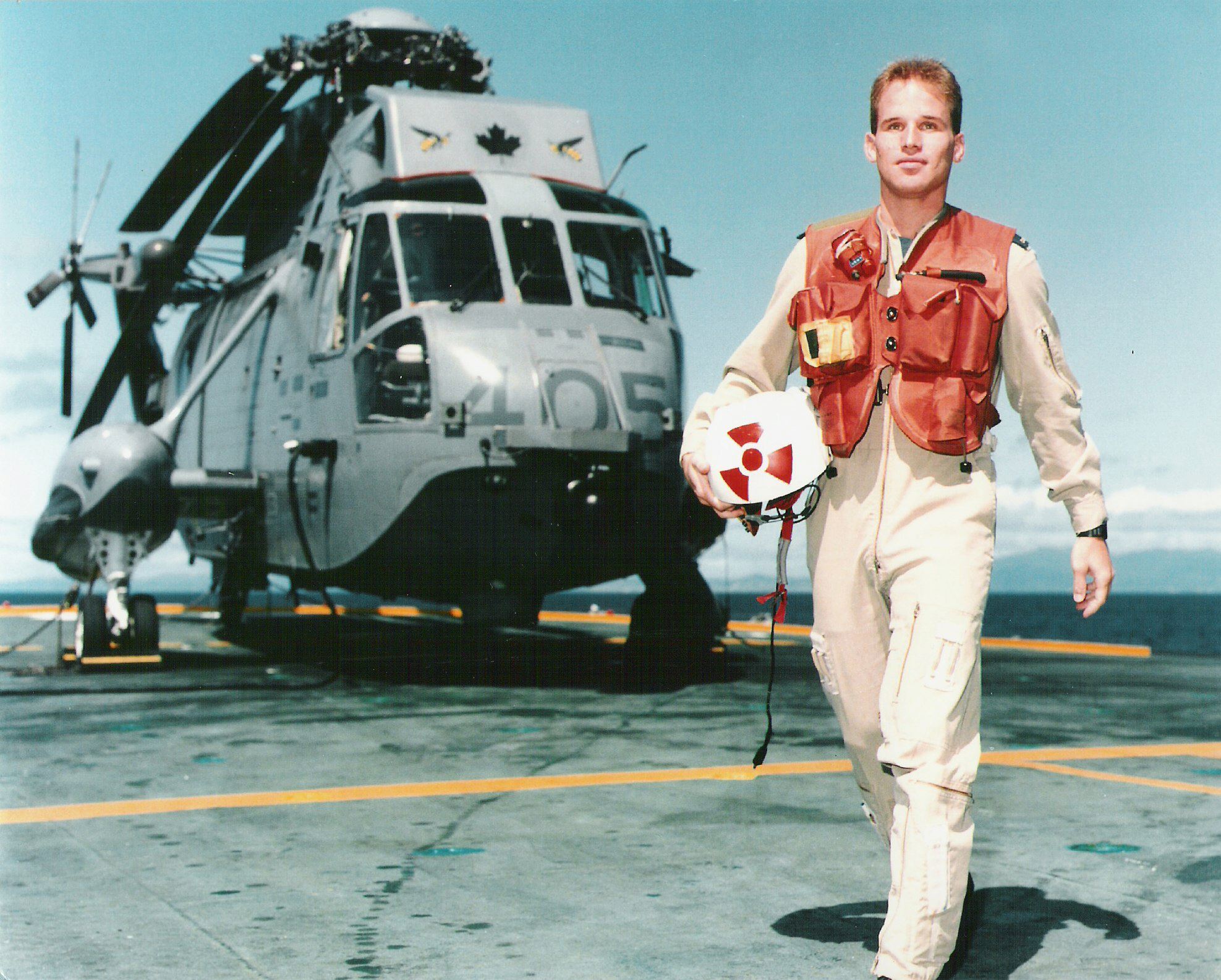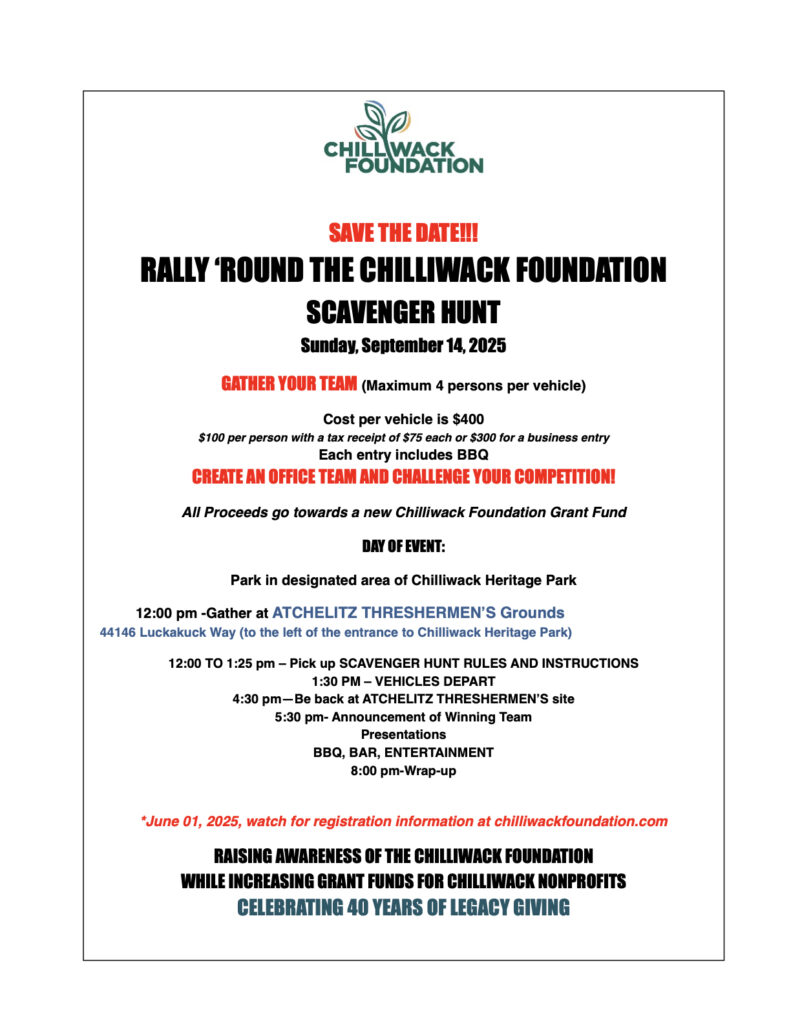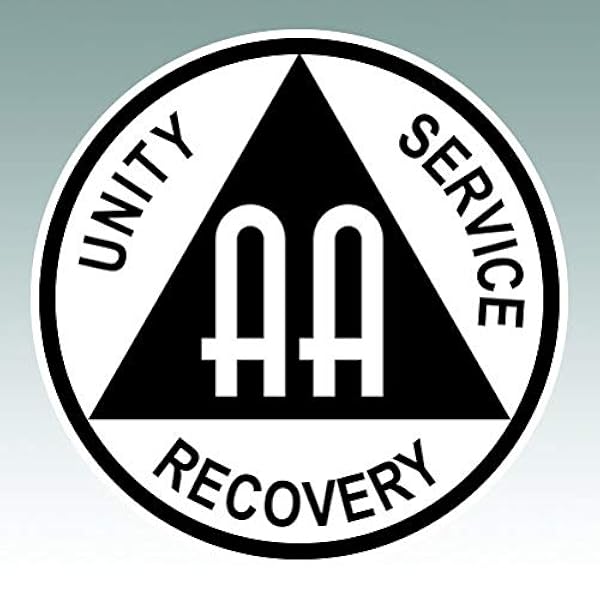Fraser Valley – JANUARY 30, 2020 UPDATE – A public Celebration of Life for Connor Sloan is Saturday February 8. Back on Christmas Day, the Cultus Lake Volunteer Fire Department publicly mourned the loss of one of their beloved members, Connor Sloan.He took his own life amid the sadness of how PTDS and depression can take, even the “strongest” of a first responder (see FVN article below). There will be an assortment of Connor’s favourite foods and a Cash Bar following his service.
Details of the Evergreen Hall ceremony are here.
ORIGINAL STORY – DECEMBER 29, 2019 – On Christmas Day, the Cultus Lake Volunteer Fire Department publicly mourned the loss of one of their beloved members, Connor Sloan. On their Facebook page they noted: He was the one person that would make you smile no matter what the occasion, he always took care to ask everyone how life is going and offer advice at every corner. Rest easy brother, we will take watch from here. Gone but never forgotten
#Mental heath awareness
#PTSD awareness
#CISM Awareness
A Go Fund me page has been set up to assist the family of Cultus Lake volunteer firefighter Connor Sloan with expenses during this difficult time. To make a donation a link can be found on the Cultus Lake Volunteer Fire Department Facebook page or click here.

Sadly, this is nothing new for anyone, anywhere and anytime, in dealing with depression. It doesn’t matter if it’s Christmas or the height of summer. Depression and PTSD are serious issues anytime of year.
In a stressful environment such has being a first responder, the stress level is unimaginable. Chilliwack Veteran Jim Newton has been arguing for better medical help for vets coming back from military duty. Newton is a Chilliwack vet who was based in Charlottetown, Victoria and the now decommissioned CFB Chilliwack. During his tenure in the 1990’s Newton developed vertigo which affected his performance in the military.

Newton was lucky. He did not take his life. Sloan on the other hand, was not so fortunate.
Glynis Sherwood MEd is an experienced trauma therapist who offers online video counseling throughout BC and Canada.
In her December 29, 2019 blog, she writes:
Sudden, distressing loss, experiencing or witnessing violence or abuse and physical injury can all lead to psychological injuries in human beings. Recurring childhood abuse and neglect can also cause serious emotional wounding such as Complex PTSD. Frightening experiences varying from car accidents, verbal, emotional, physical or sexual abuse, workplace bullying or witnessing terminal illness, death or violence can all trigger traumatic reactions. Traumatic responses are characterized by symptoms ranging from prolonged shock, feeling numb emotionally, going ‘blank’, feeling flat or depressed, to more intrusive symptoms such as chronic anxiety, fear, insomnia, recurring memories of the traumatic event, nightmares and anger. Individual reactions to trauma are unique, and people may experience one or multiple symptoms at different times and in response to a variety of stressors or triggers – IE situations that feel or seem similar to the original injury, though are usually less threatening, and provoke a traumatic reaction. Trauma undermines a person’s ability to live in the present or to experience peace of mind or contentment. Trauma can also cause relationship problems due to 1. ongoing states of distress that damage communication and intimacy or, 2. the traumatized person choosing abusive or unreliable partners who are reminiscent of the individual who hurt them in the first place, also known as Trauma Bonding. Trauma, including post traumatic stress, are forms of complicated anxiety that get ‘trapped’ in the body and mind of the sufferer. Traumatic anxiety is a response to events that feel so overwhelming that the mind cannot cope and attempts to bury or split off traumatic memories deep into the subconscious. Unfortunately this ‘solution’ doesn’t work as these buried, repressed memories can’t heal, and continue to resurface in response to triggers in the present, such as stress or situations that are in some way reminiscent of the original trauma, e.g. a place, a person, an odor, a sound, etc.
Traumatic memories may appear as Flashbacks, where the individual feels like they are living the distressing experience over again. Flashbacks create fear and disorientation, and may be accompanied by memories, feelings or images associated with the original trauma. Flashbacks can occur while a person is awake – causing panic, or asleep – causing nightmares.
Traumatic memories can also cause Dissociation – a feeling of being numb, ‘spaced out’ or disconnected from one’s surroundings. When traumatic reactions are triggered it can lead to a Fight, Flight, Freeze, Collapse or Fawning response, which is a biologically wired reaction to a life threatening situation, such as running away from an attacker. Unfortunately traumatic memory doesn’t know how to distinguish between a past threat and a current, more harmless situation, so the sufferer re-experiences frightening memories – conscious or unconscious – that feel like the original threat is happening all over again.
People who experience Complex PTSD – aka Relationship Trauma – may suffer from the afore-mentioned PTSD symptoms, plus suffer from low self worth, identity confusion and relationship difficulties. Additionally, people who develop Complex PTSD tend to experience more emotionally intrusive symptoms – aka flooding – whereas PTSD tends to involve an overuse of avoidant coping. So emotional containment strategies are highly indicated in C-PTSD therapy.






